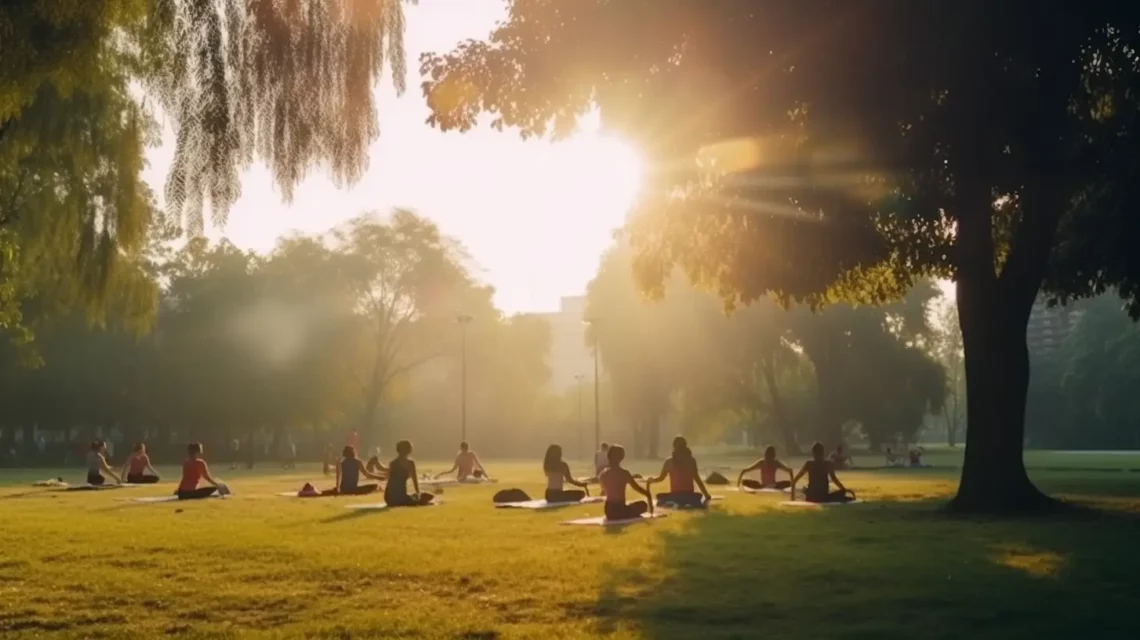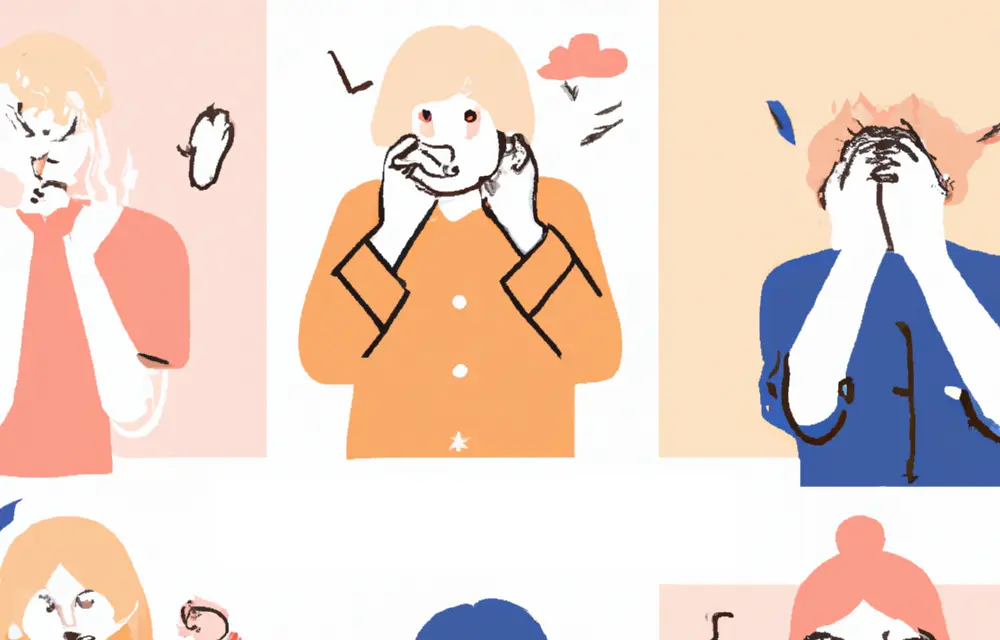We understand the profound impact anxiety can have on one’s life. The constant worry, racing thoughts, and restlessness can be overwhelming, affecting both mental and physical well-being. While there are various strategies to manage anxiety, one powerful ally you might not have considered is exercise. Let’s explore the relationship between exercise and anxiety management, providing you with valuable insights and actionable steps to alleviate your anxiety symptoms.
Introduction: The Anxiety Epidemic
In today’s fast-paced world, anxiety has become an increasingly common condition. Millions of people around the globe grapple with its debilitating effects. Anxiety can manifest in various forms, such as generalized anxiety disorder, social anxiety, or panic disorder. The impact of anxiety on one’s life can be severe, affecting relationships, work, and overall quality of life.
The Connection Between Exercise and Anxiety
Exploring the Science
Recent scientific studies have shed light on the positive effects of exercise on mental health. When we engage in physical activity, our bodies release endorphins, often referred to as “feel-good” hormones. These endorphins play a crucial role in reducing stress and anxiety. We delve into the scientific mechanisms behind this phenomenon, explaining how exercise can alter brain chemistry for the better.
Stress Reduction Through Movement
Stress is a common trigger for anxiety, and exercise is a potent stress-buster. We discuss how regular physical activity can help lower stress levels, making it an effective tool in anxiety management.
Types of Exercise for Anxiety
Aerobic Exercise
Aerobic exercises, such as running, swimming, or cycling, can have a significant impact on anxiety reduction. We provide guidance on incorporating aerobic activities into your daily routine and reaping the benefits.
Mind-Body Exercises
Mind-body exercises, including yoga and tai chi, focus on the connection between the body and mind. These practices can be especially beneficial for individuals seeking a holistic approach to anxiety management. Our article outlines the principles of mind-body exercises and their potential impact on anxiety.
Creating an Exercise Routine
Tailoring Your Routine
It’s essential to create an exercise routine that suits your preferences and lifestyle. We offer practical advice on customizing an exercise plan that works for you, ensuring long-term adherence.
Combining Exercise with Other Anxiety Management Strategies
While exercise is a potent anxiety management tool, it can be even more effective when combined with other strategies. We explore complementary approaches, such as therapy, meditation, and dietary changes, to provide a holistic solution to anxiety.
Conclusion: Embrace a Healthier, Anxiety-Free Life
In conclusion, exercise offers a promising avenue for managing anxiety effectively. By understanding the scientific basis of exercise’s impact on anxiety and tailoring your exercise routine to your needs, you can take significant strides toward a healthier, anxiety-free life.
FAQs
1. How often should I exercise to manage anxiety?
We recommend aiming for at least 150 minutes of moderate-intensity aerobic activity or 75 minutes of vigorous-intensity aerobic activity per week, as per the guidelines of the American Heart Association.
2. Can exercise replace medication for anxiety?
While exercise can be an effective part of anxiety management, it should not replace prescribed medication. Consult with a healthcare professional for a comprehensive treatment plan.
3. Are there any specific exercises for social anxiety?
Exercises that promote relaxation and mindfulness, such as yoga, can be particularly helpful for individuals with social anxiety.
4. Can I start an exercise routine if I have never exercised before?
Absolutely! We encourage beginners to start slowly and gradually increase the intensity and duration of exercise. Consult with a healthcare provider if you have underlying health concerns.
5. How long does it take to notice the effects of exercise on anxiety?
The timeline can vary from person to person. Some individuals may experience immediate benefits, while others may take several weeks to notice a difference. Consistency is key.












